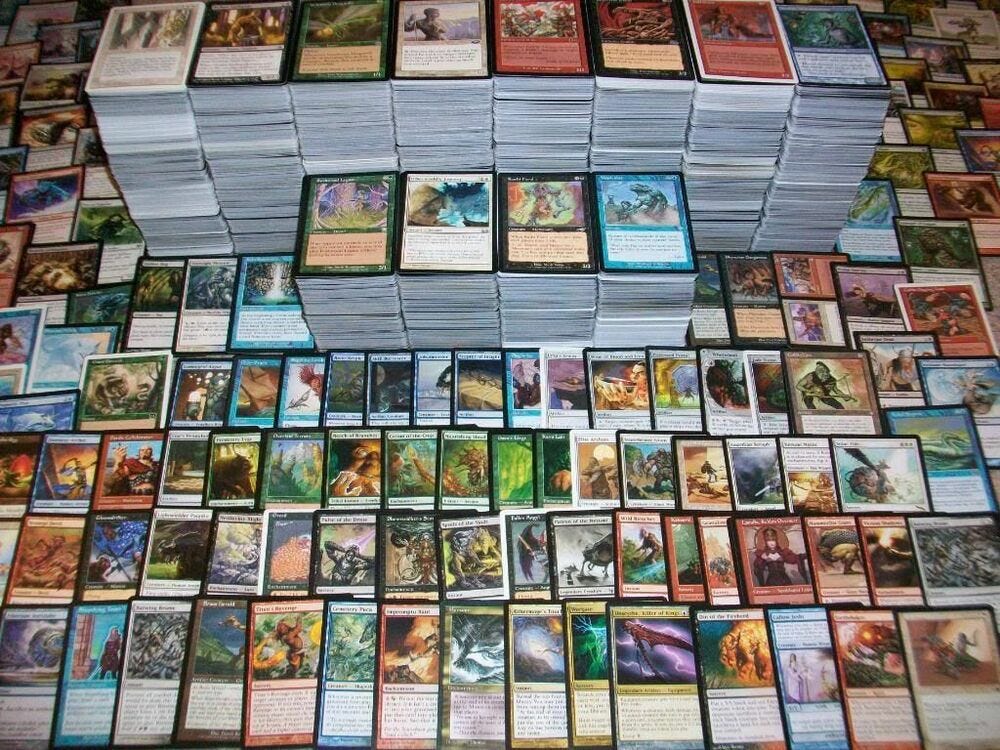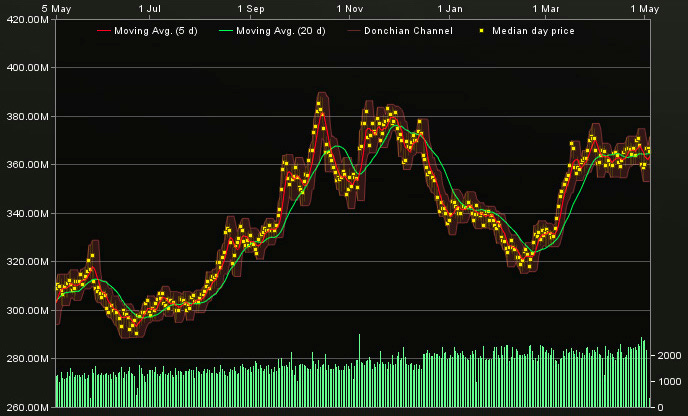The latest hypes in the Bitcoin/cryptocurrency communities surround decentralized finance (DeFi) and what are called non-fungible tokens (NFTs). While DeFi is by far the larger and more interesting topic, this article is about NFTs.
Before I get to NFTs, let's talk about collectors of historical artifacts. There are collectors of all kinds of artifacts from belongings of historical figures, to art of all sorts, to war memorabilia, and almost anything else you might imagine that people get obsessively interested in. If you've ever looked through a collection, whether at a museum or somebody's private home, you might have seen certificates of authenticity stating that the artifacts are the real deal. Surely some such certificates have been faked, or their authors misinformed. But the existence of such certificates increases authenticity by a degree, and makes it harder to counterfeit that artifact going forward.
An NFT is a cryptographically protected certificate of authenticity, but backed by the security of whatever blockchain or whatever digital ledger technology stores the NFT's data. That data simply identifies
the address (public key) of the NFT,
the key (password) associated with that address allowing only the owner to send the NFT to another address (such as in the event of a sale), and
the object (digital or right to a real world item) of the NFT (or points to that data source, like to a database or website).
That's it. That's all. Except the details of the cryptocurrencies and networks on which the NFTs are generated and held. Those details might be important in terms of the stability of the system, its security, and associated transaction costs. But the NFT itself is simply a certificate that is extremely difficult to counterfeit.
So far, we hear stories of millions of dollars of art sold as NFTs. Those are the luxury items of extremely wealthy people and matter little to most of us. On a more common level, we are witnessing the advent of sports "cards" moving to the digital universe. I expect game companies to make the leap to fantasy draft games fairly soon. But perhaps the largest NFT market will emerge from video games.
Video games like Eve Online and World of Warcraft have large, liquid, and complex game item markets, already. That even spills out into the real world where players have been known to spend up to thousands of dollars to acquire game currency or rare items that take enormous time to obtain. In one case, an entire planet in the Entropia game universe sold for $6 million. The Eve Online developers even famously hired an economist onto their team as its in-game economy grew both valuable and increasingly complex. These valuables result in honey pots worth so much money that game account hacking has grown increasingly common.
Do not be surprised if items of high interest, or perhaps even all video game items, become NFTs in the future. Aside from the protections of security and anti-counterfeiting associated with cryptocurrency, NFTs will allow game players the ability to control the fruits of their own labor in economic market places. If you play video games at all, you might wind up own NFTs, whether or not you imagine you would care to. Your children might grow up with a sense of familiarity with NFTs the same way generations past did with stickers and bubble-gum dusted cardboard.
In the meantime, imagine the next steps for similar uses of technology: birth certificates, drivers licenses, medical data, school transcripts, and even land deeds! Whether or not you think you care now, the NFT market may itself be a proof of concept for a complete economic paradigm shift.
Don't say I didn't warn you.






NFT not fking true.
Who the hell would think a digital item is really rare, when everything digital can be duplicated with minimal "cost".
Oh yeah collectible, haha beanie babies and pet rocks.
A friend in Oklahoma runs Herasoft.com which is an industry leader in NFTs for identity protection. Your hotel room key becomes an NFT for you and your stay only.